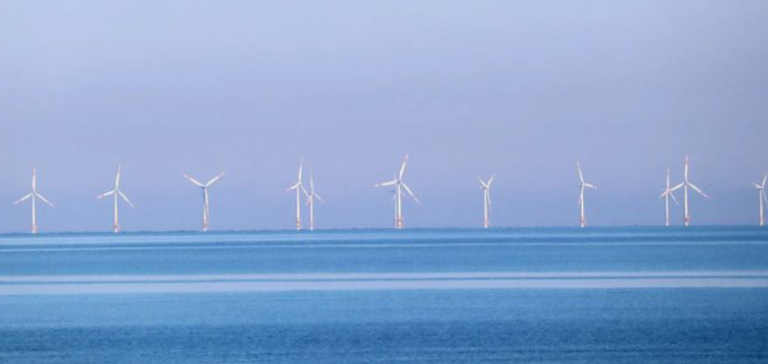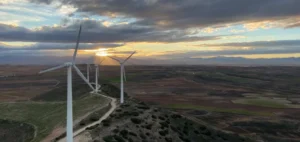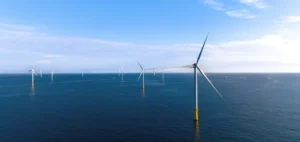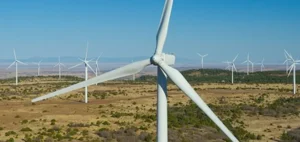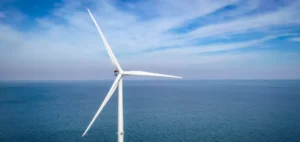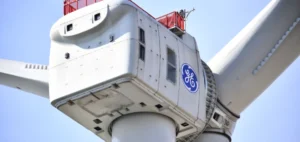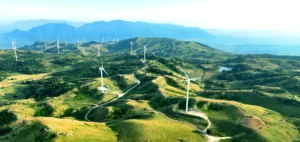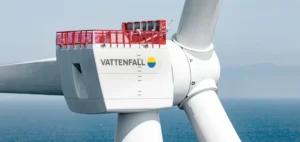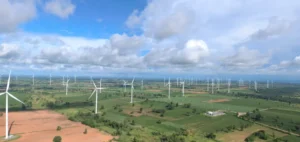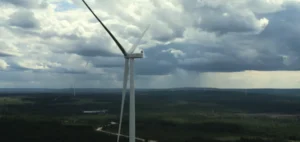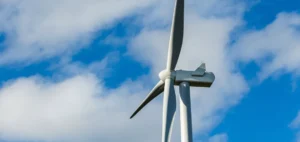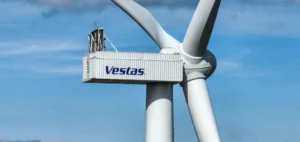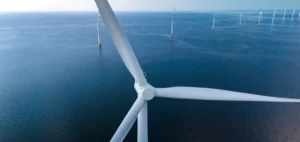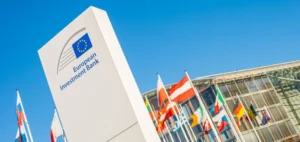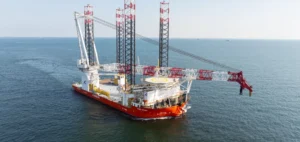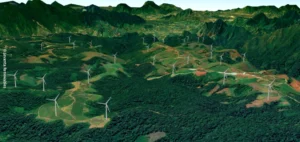France, renowned for its bold environmental initiatives, has just embarked on a significant process to re-examine and redefine its relationship with the ocean. A national debate on the use of the sea, including the crucial issue of offshore wind power, was launched, marking a turning point in the country’s maritime policy.
“La Mer en Débat”: A Unique Format for a Crucial Question
The initiative, entitled “La mer en débat”, is being rolled out across France, involving various coastal regions. It began in Normandy, involving students from the Alencon IUT in the first of many debates to come. This democratic exercise, steered by the Commission nationale du débat public (CNDP), is unique in its kind, since it covers the whole of France and its four coastlines.
Citizen Involvement in Marine Wind Planning
Until now, France has adopted a more restricted approach, organizing separate public debates for each offshore wind project. However, the current format represents a major evolution, underlining the country’s willingness to adopt a more holistic and inclusive approach.
The Evolution of Marine Wind Energy Management in France
The declared aim of this vast consultation is twofold. On the one hand, it aims to involve all citizens, whether or not they live near the coast, in the decision-making process concerning the future of France’s seas and oceans. Secondly, it aims to gather opinions and suggestions on the management of marine biodiversity and coastlines, as well as on the future development of offshore wind farms.
This public debate is all the more relevant as the French government is obliged to update its “Documents Stratégiques de Façade” (DSF) in 2024. These planning documents play a crucial role in protecting the marine environment, regulating offshore activities and identifying priority areas for offshore wind power deployment over the next ten years, and potentially up to 2050.
This national debate on the use of the sea in France represents a crucial step towards more sustainable and inclusive management of maritime resources. It reflects the country’s commitment to involving its citizens in decisions affecting its energy and environmental future, while underlining the crucial role of the sea in France’s ecological strategy.


